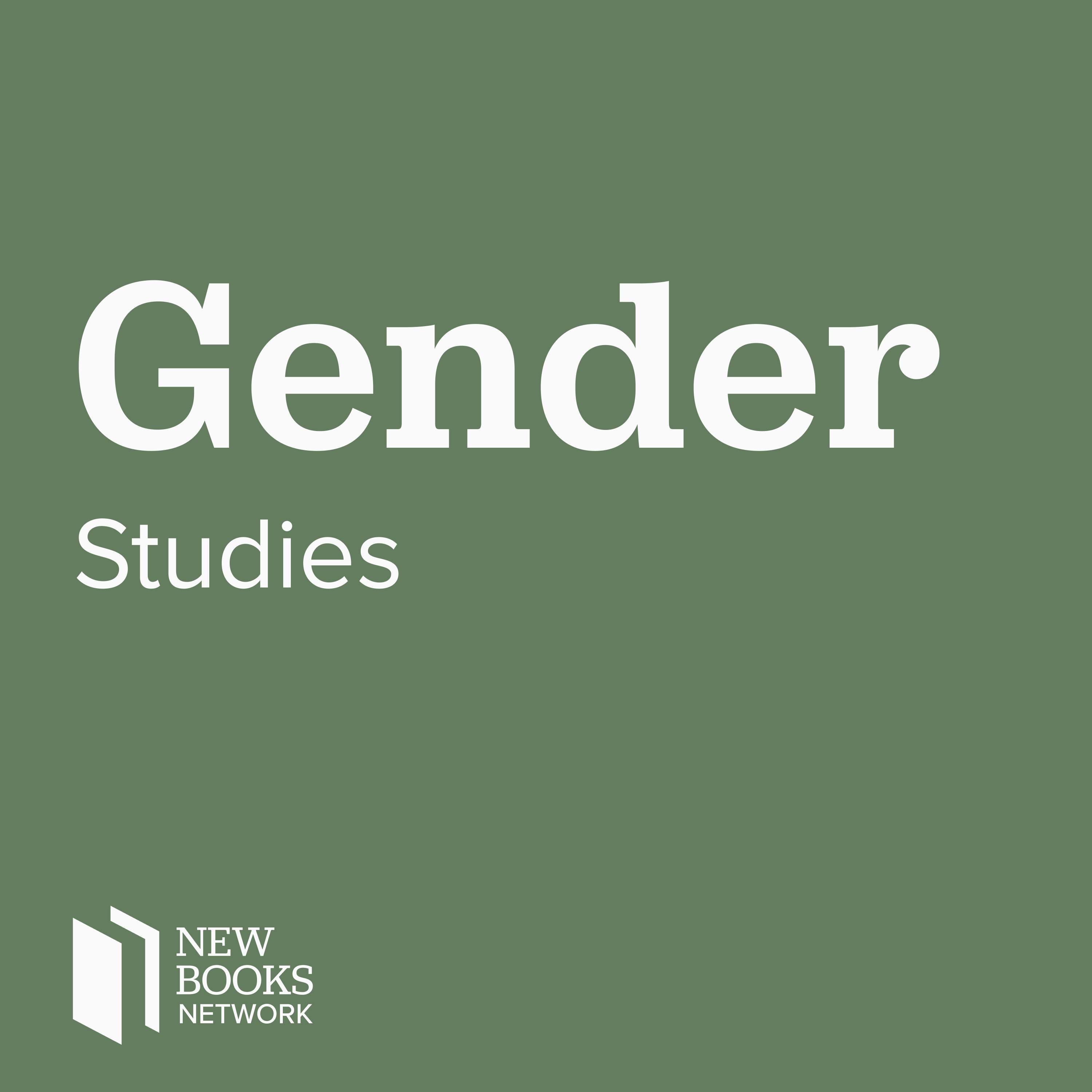Peggy O'Donnell Heffington, "Without Children: The Long History of Not Being a Mother" (Seal Press, 2023)

In an era of falling births, it\u2019s often said that millennials invented the idea of not having kids. But history is full of women without children: some who chose childless lives, others who wanted children but never had them, and still others\u2014the vast majority, then and now\u2014who fell somewhere in between. Modern women considering how and if children fit into their lives are products of their political, ecological, and cultural moment. But history also tells them that they are not alone.\xa0\nIn\xa0Without Children: The Long History of Not Being a Mother\xa0(Seal Press, 2023), historian Peggy O\u2019Donnell Heffington shows that many of the reasons women are not having children today are ones they share with women in the past: a lack of support, their jobs or finances, environmental concerns, infertility, and the desire to live different kinds of lives. Understanding this history\u2014how normal it has always been to not have children, and how hard society has worked to make it seem abnormal\u2014is key, she writes, to rebuilding kinship between mothers and non-mothers, and to building a better world for us all.\nDr Peggy O\u2019Donnell Heffington\xa0teaches in History at the University of Chicago,\xa0and writes on feminism, women's movements, and motherhood in American and European history. She has been\xa0published in numerous outlets including the\xa0New York Times, Time Magazine\xa0and The Washington Post.\nCatriona Gold\xa0is a PhD candidate in Geography at University College London. She is currently researching the US Passport Office's role in governing Cold War travel, and broadly interested in questions of security, surveillance and mobility. She can be reached by\xa0email,\xa0Mastodon\xa0or\xa0Twitter.\nLearn more about your ad choices. Visit megaphone.fm/adchoices\nSupport our show by becoming a premium member! https://newbooksnetwork.supportingcast.fm/gender-studies